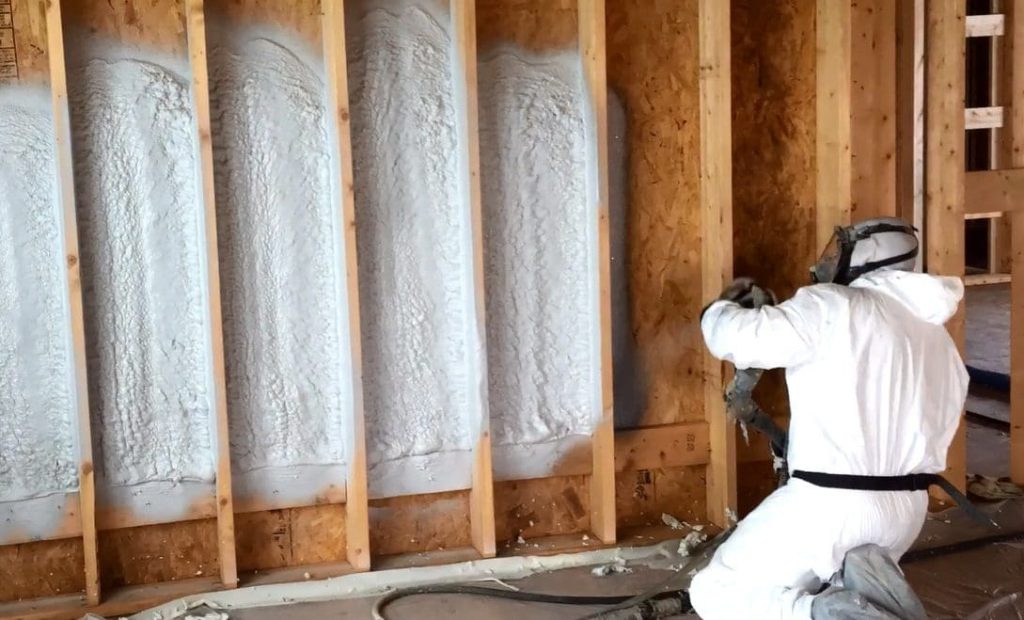In the realm of construction and home improvement, spray foam insulation has emerged as a versatile solution offering a plethora of benefits beyond mere thermal regulation. From enhancing energy efficiency to reducing noise pollution, its multifaceted advantages are reshaping the way we approach insulation projects. At its core, spray foam insulation functions as a barrier against heat transfer, effectively sealing gaps and crevices in walls, ceilings, and attics. This characteristic not only helps maintain consistent indoor temperatures but also translates into substantial energy savings. By minimizing air leakage, spray foam insulation reduces the workload on HVAC systems, resulting in lower utility bills and a reduced carbon footprint. Homeowners can enjoy greater comfort while contributing to environmental sustainability. Beyond its thermal properties, spray foam insulation excels in noise reduction, offering a quieter living environment. The material’s dense structure and ability to seal off spaces make it an effective sound barrier, dampening external noises such as traffic, construction, or neighborhood commotion. Its seamless application adheres tightly to surfaces, preventing moisture intrusion and inhibiting mold growth.

This feature is particularly beneficial for urban dwellers or those residing in high-traffic areas, where peace and tranquility are at a premium and visit site. Whether it is creating a peaceful sanctuary at home or maintaining a productive work environment, the soundproofing capabilities of spray foam insulation enhance overall quality of life. Moreover, spray foam insulation boasts exceptional durability and longevity compared to traditional insulation materials. This resistance to moisture not only safeguards indoor air quality but also protects the structural integrity of buildings over time. With proper installation and maintenance, spray foam insulation can extend the lifespan of properties, reducing the need for costly repairs and replacements down the line. Another often overlooked benefit of spray foam insulation is its versatility in accommodating various architectural designs and building materials. Unlike rigid insulation boards or batts, which may struggle to fit irregular spaces or conform to unconventional structures, spray foam can adapt to virtually any shape or substrate.
This flexibility allows for seamless integration into both new construction projects and retrofitting endeavors, ensuring comprehensive insulation coverage without compromising aesthetic appeal or design integrity. Additionally, spray foam insulation contributes to improved indoor air quality by sealing off potential entry points for allergens, pollutants, and outdoor contaminants. By creating a barrier against airborne particles, it helps alleviate respiratory issues and allergy symptoms, fostering a healthier living environment for occupants. This aspect is particularly significant for individuals with sensitivities to environmental allergens or those seeking to minimize exposure to indoor pollutants. From residential homes to commercial buildings, the benefits of spray foam insulation extend across various sectors and applications. Its ability to enhance energy efficiency, reduce noise pollution, withstand environmental factors, and promote indoor air quality makes it a valuable investment for property owners seeking long-term performance and comfort. The multifaceted benefits of spray foam insulation extend far beyond its primary function of thermal regulation. From energy savings and noise reduction to durability and indoor air quality improvements, its versatility and effectiveness have positioned it as a leading choice in the realm of insulation solutions.





